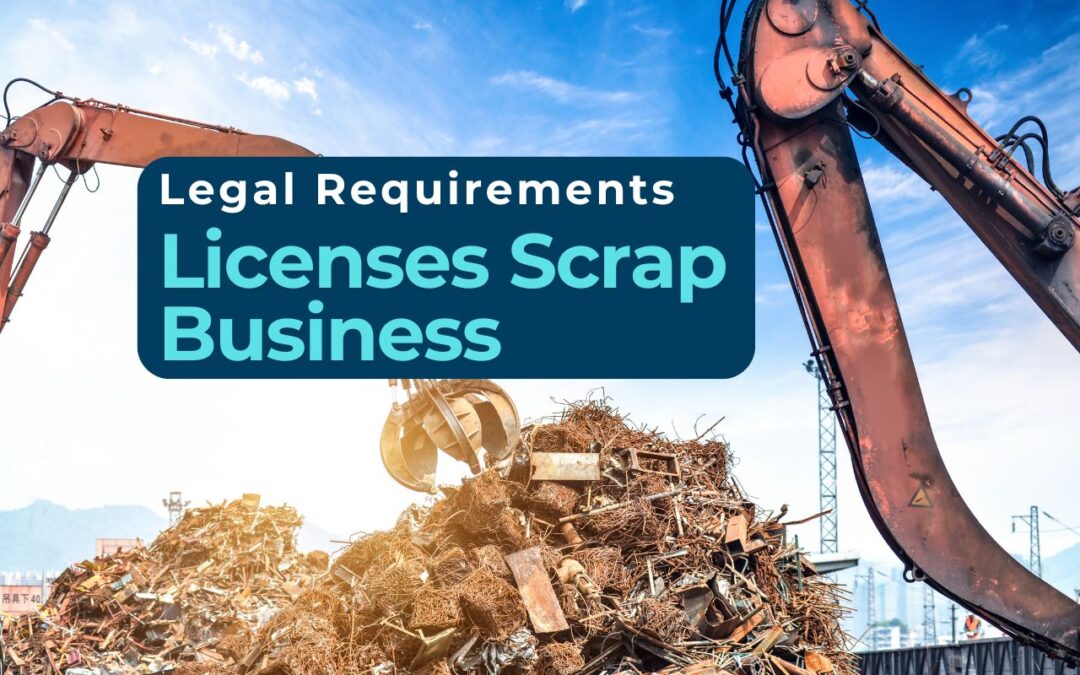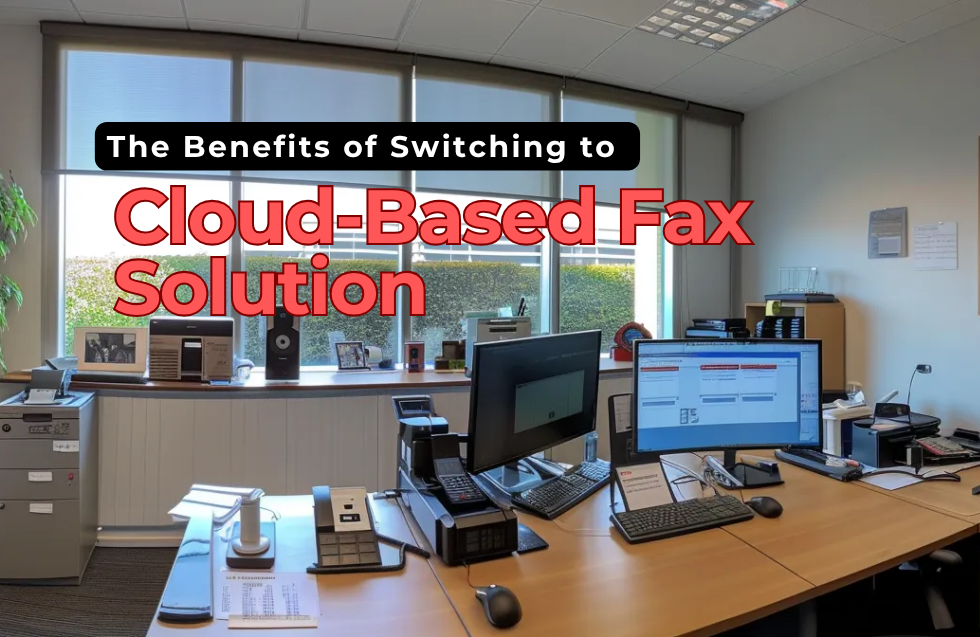The scrap business is a lucrative and environmentally impactful industry, turning waste materials into valuable resources. However, like any other business, it requires compliance with various legal requirements and obtaining specific licenses to operate smoothly and lawfully. Whether you’re starting a small local scrap yard or planning to scale into a large recycling business, understanding these legalities is crucial.
Why Legal Compliance is Important in the Scrap Business
Operating without the proper licenses or failing to comply with regulations can lead to heavy fines, business closure, or legal battles. Besides, adhering to environmental laws ensures your business contributes positively to waste management and sustainability. It also builds trust with customers, suppliers, and government authorities.
Key Legal Requirements for Starting a Scrap Business
1. Business Registration
Before starting operations, you must register your scrap business as a legal entity. This could be:
- Sole proprietorship
- Partnership
- Limited Liability Company (LLC)
- Private Limited Company
Choosing the right structure affects your tax obligations, liability, and legal protections.
2. Trade License / Business License
A trade license is mandatory for any commercial activity. It is issued by the local municipal corporation or relevant authority and verifies that your business complies with local zoning, health, and safety regulations.
3. Environmental Clearance and Pollution Control Board (PCB) Consent
Scrap business involves handling waste and potentially hazardous materials, so you must obtain:
- Environmental Clearance Certificate (ECC) from your state’s pollution control board.
- Consent to Operate under the Water and Air Acts to ensure your business does not harm the environment.
4. Scrap Dealer License
Many states or countries require scrap dealers to hold a specific Licenses Scrap Business that regulates the buying, selling, and transportation of scrap materials. This license helps prevent illegal trading of stolen goods and controls the scrap recycling industry.
5. Registration under Goods and Services Tax (GST)
If your annual turnover exceeds the threshold limit (which varies by country/state), registering for GST or equivalent tax is mandatory. This allows you to issue valid invoices and claim input tax credits.
6. Pollution Control Measures and Compliance
You must implement pollution control measures as per local laws. This includes waste disposal procedures, noise control, dust management, and safe handling of hazardous materials like batteries, e-waste, or metal scraps.
Additional Permits and Registrations
7. Fire Safety Clearance
Depending on your business scale and local laws, you may need fire safety certification from the fire department, ensuring your premises are equipped to handle emergencies.
8. Weighbridge and Measurement Compliance
If your scrap business involves buying/selling by weight, ensuring your weighing machines are certified and calibrated by legal metrology authorities is important for transparency and avoiding disputes.
9. Transportation Permits
Transporting scrap materials might require permits from transport authorities, especially for large volumes or hazardous waste. Complying with vehicle permits and safety regulations is essential.
10. Labor Law Compliance
If you hire employees, you must comply with labor laws such as minimum wage, working hours, safety measures, and employee welfare regulations.
How to Obtain Licenses and Permits for Your Scrap Business
- Step 1: Register your business entity with the relevant registrar.
- Step 2: Apply for a trade license at your local municipal corporation or authority.
- Step 3: Approach your state or national Pollution Control Board to get environmental clearance and consent.
- Step 4: Apply for a scrap dealer license through the local government or designated department.
- Step 5: Register for GST with the tax department.
- Step 6: Obtain any additional permits related to fire safety, transportation, and labor compliance.
- Step 7: Maintain all documentation and renew Licenses Scrap Business periodically as required.
Consequences of Non-Compliance
Failing to obtain proper Licenses Scrap Business or ignoring environmental and safety laws can result in:
- Heavy fines and penalties
- Seizure of goods and equipment
- Legal action, including imprisonment in some cases
- Loss of business credibility and customer trust
- Closure of business operations
Final Thoughts
Starting and running a scrap business can be very rewarding, but it demands serious attention to legal and regulatory compliance. Make sure you research the specific requirements for your location as these laws and permits vary widely by country, state, and municipality.
Engaging with a legal expert or consultant who specializes in environmental and commercial law can simplify the process and keep your business protected. Above all, operating responsibly not only ensures your business’s longevity but also contributes to a cleaner and sustainable environment.













